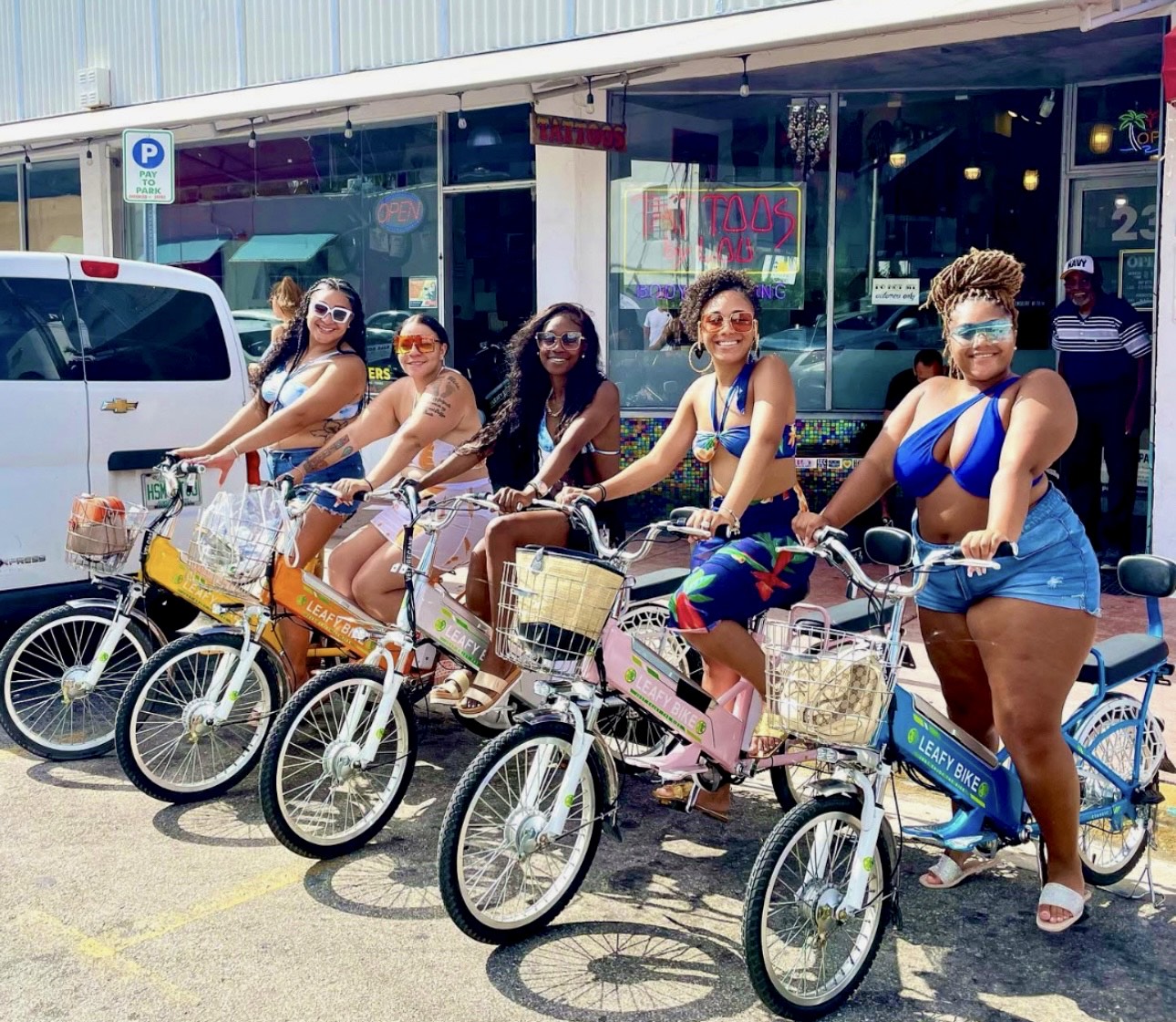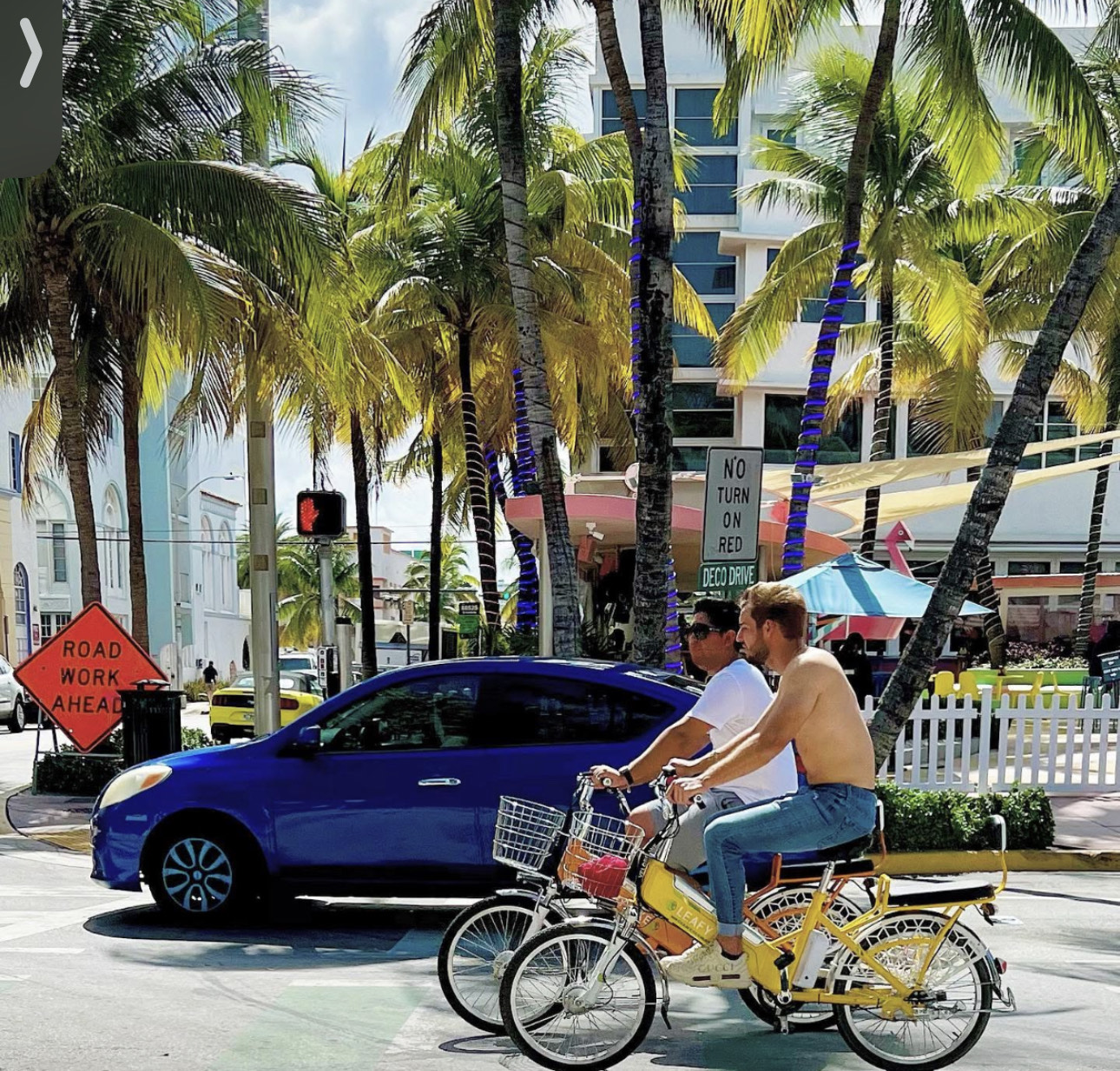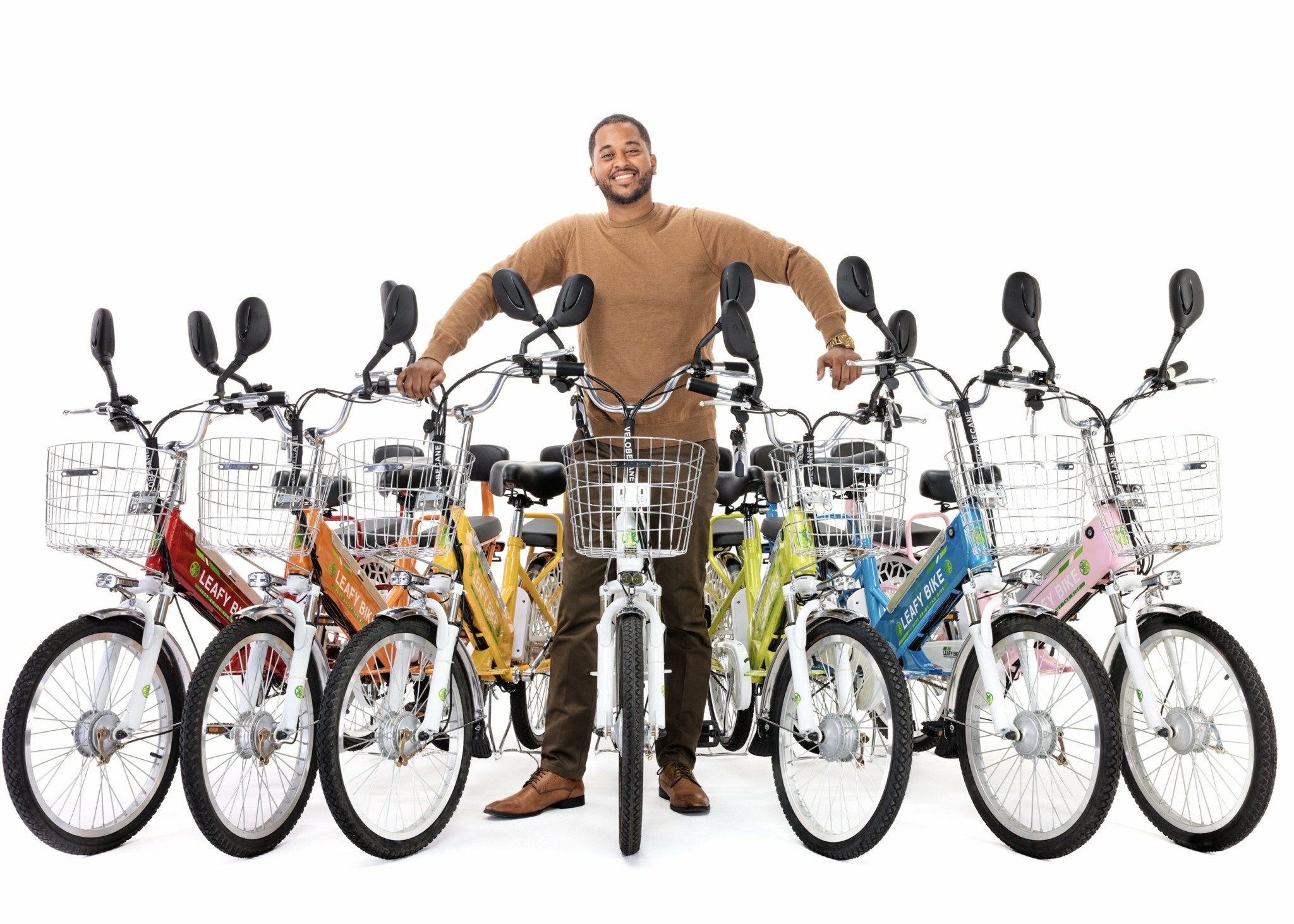We recently connected with Yoseph Assefa and have shared our conversation below.
Yoseph, thanks for taking the time to share your stories with us today So let’s jump to your mission – what’s the backstory behind how you developed the mission that drives your brand?
At Leafy Bike, our mission is to make everyday mobility simple, clean, and accessible. We believe electric bikes aren’t just a trend they’re a practical solution to real-world transportation problems. Cities are growing more congested, transportation costs are rising, and people are looking for smarter, more flexible ways to move. Leafy Bike was built to meet that moment. We design electric bikes that are easy to use, affordable to operate, and built for both individuals and shared fleets. From commuters to tourists to delivery riders, we’re focused on solving transportation challenges in a way that’s efficient, scalable, and sustainable.
This mission is meaningful because transportation is a foundation for opportunity. If people can’t move freely, they can’t access work, school, or everyday life. Leafy Bikes exists to close that gap with tools that don’t just move people, but help move communities forward.
What makes it personally fulfilling for me is that Leafy Bikes isn’t just about getting from place to place—it’s about improving how people live and move every day. It’s affordable, eco-friendly, and practical—but what really drives me is what happens beyond the ride. Families spending more time together. Friends sharing laughs on the back seat. Riders feeling good knowing they’re choosing a cleaner way to move. That second seat? It’s not just a feature—it’s a moment. It’s connection. It’s the freedom to move without stress, to explore without guilt, to bond without barriers. When a product can save you money, reduce your impact on the planet, and bring joy all at once—that’s something worth building. That’s why I do this.
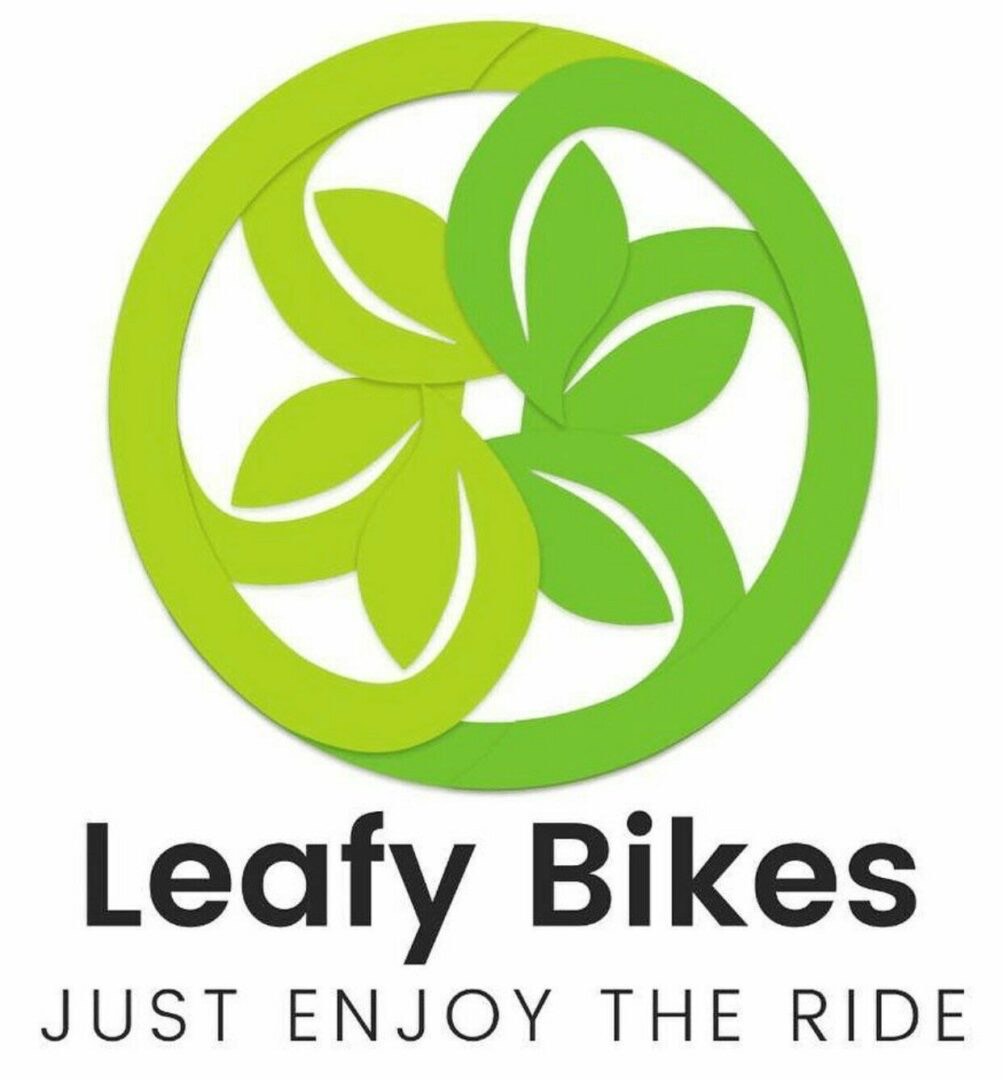
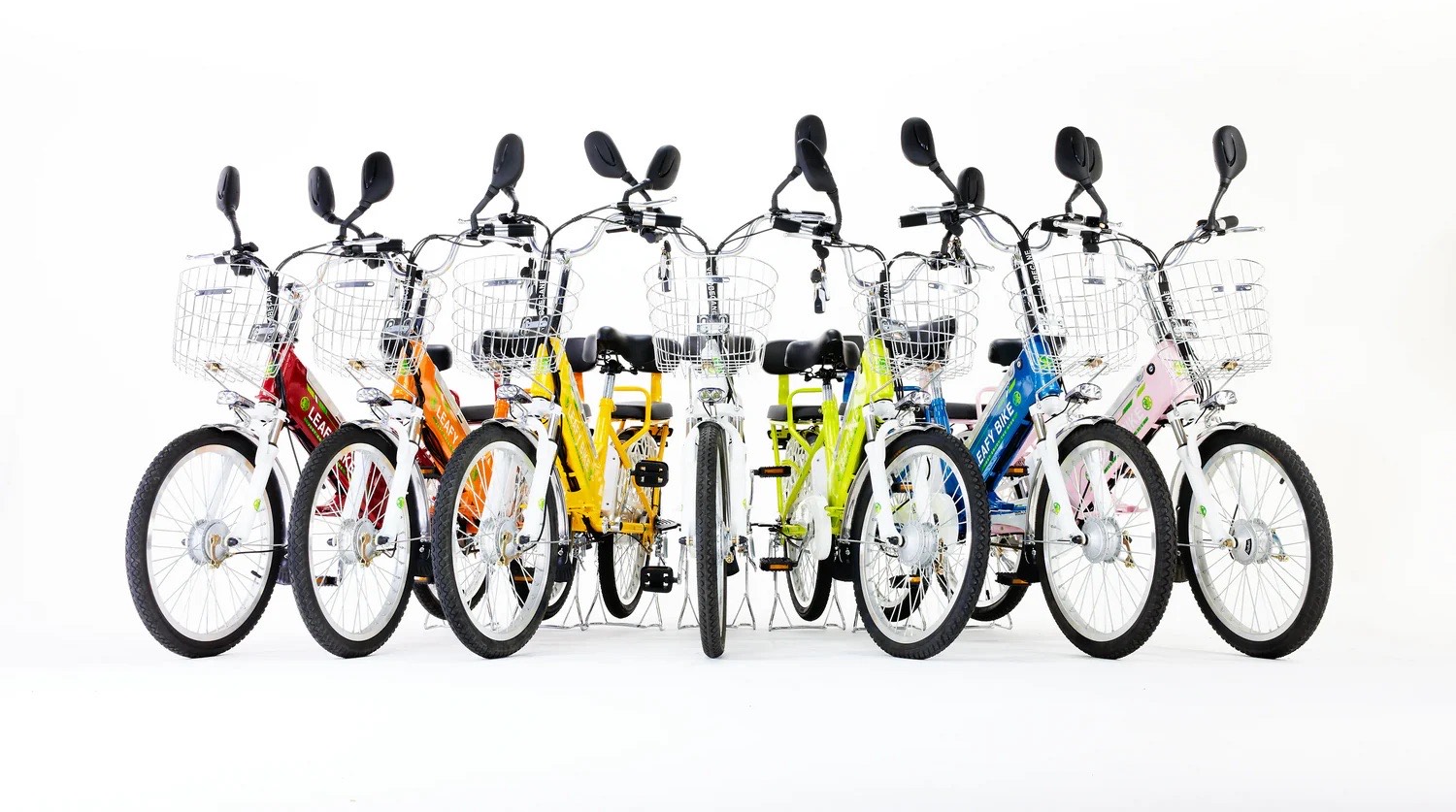
As always, we appreciate you sharing your insights and we’ve got a few more questions for you, but before we get to all of that can you take a minute to introduce yourself and give our readers some of your back background and context?
I started a food delivery service in college called 2GO Campus Delivery. It was my first real venture. I built it from the ground up while juggling classes and hired other students to help with deliveries. We had orders coming in, people depending on us, but getting food across campus was a constant struggle.
At first, we delivered on foot. Then I got creative and imported electric tuk-tuks from China. They were perfect, until they weren’t. One of my drivers took friends on a joyride, and because I was a student running a business on school grounds, the university had to step in. They pulled the tuk-tuks, and just like that, we were stuck again.
That moment could have shut everything down. But instead, it pushed me to build something better. Leafy Bike started as a way to solve that problem, first for myself and now for others. I needed a way to move that didn’t create new complications—something light, reliable, and easy to manage. What began as a workaround turned into something bigger: a real solution for people who just need to get where they’re going without the usual barriers.
I didn’t plan to start a bike company. I just needed to solve a problem. And in doing that, I ended up building something that could help more people move freely. It’s still rolling today.
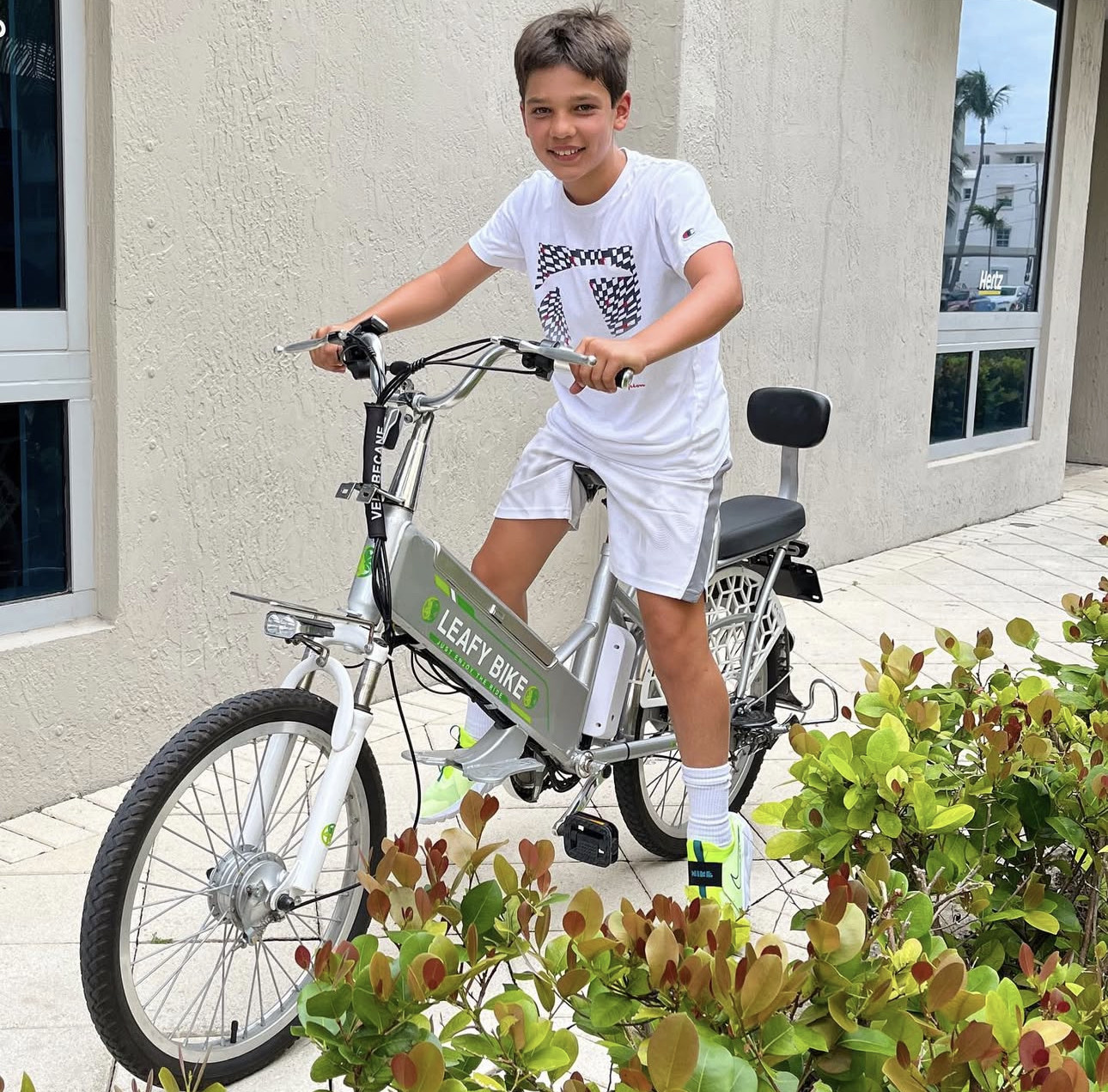
Learning and unlearning are both critical parts of growth – can you share a story of a time when you had to unlearn a lesson?
One of the biggest lessons I had to unlearn was believing that raising a lot of money meant you were winning. When I first started Leafy Bike, I looked at some of the leading e-bike companies as the blueprint. They raised massive funding rounds, had beautiful branding, and seemed to be everywhere. From the outside, it looked like success. But over time, I watched the story unfold. Too much capital, too fast, without the foundation to support it.
Eventually, some of those companies collapsed. That changed the way I saw everything. It taught me that hype does not build stability. Headlines do not build resilience. Real success comes from staying close to the problem, the product, and the people you are serving.
With Leafy Bike, I chose a different path. We have grown intentionally, stayed lean, and focused on solving a real need. It is not about being loud. It is about being useful. And that is what keeps me going. Because at the end of the day, I did not start this to impress people. I started it to help people move freely, affordably, and without friction
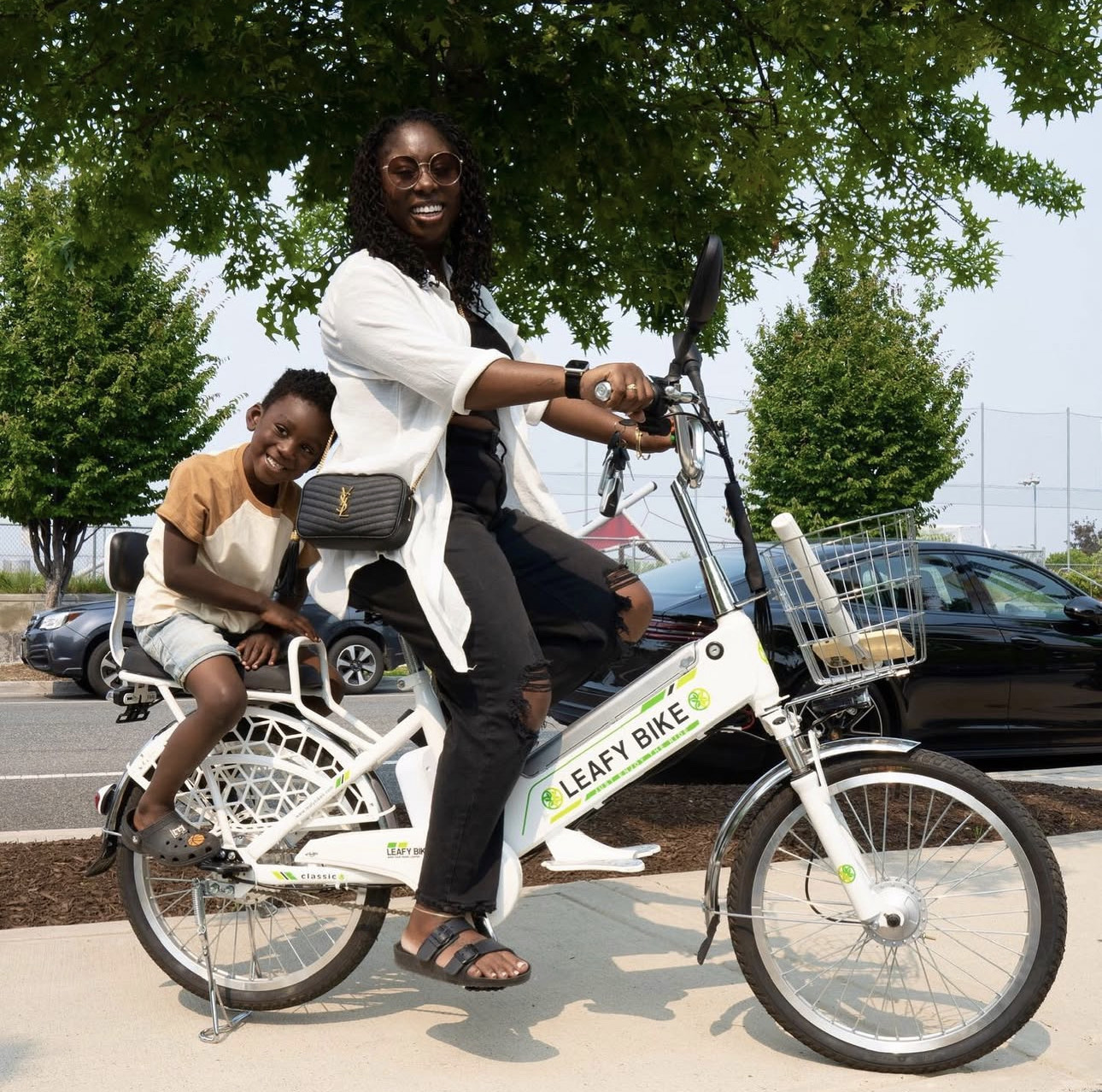
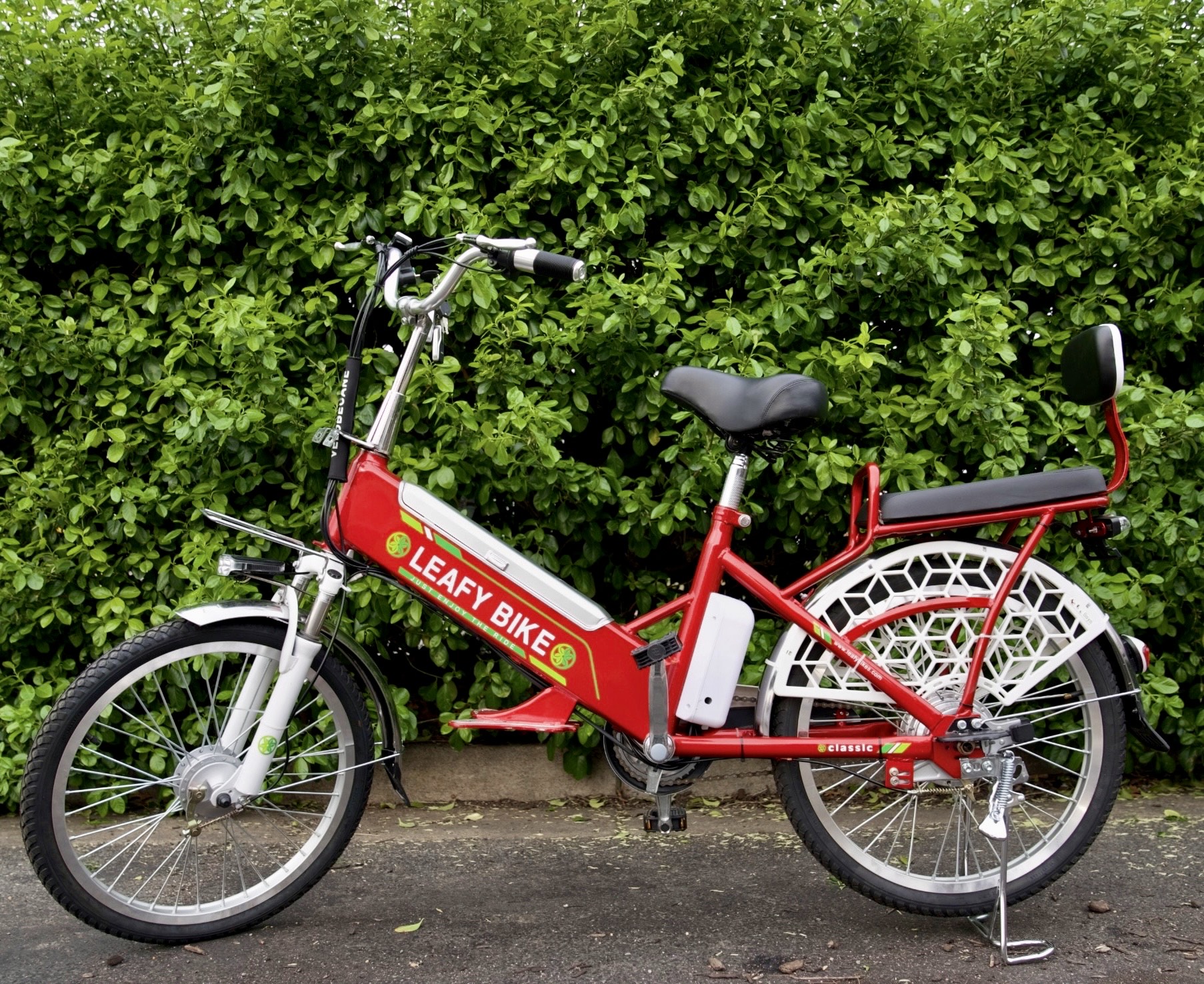
Have you ever had to pivot?
In the early days of Leafy Bike, I was sitting on more inventory than I knew how to move. The bikes were ready. The branding was done. But I didn’t have a real distribution strategy. I figured wholesale was the answer, so I started reaching out to bike shops and retailers. One after another, most weren’t interested. A few said they’d think about it. But weeks went by, and nothing stuck. I started to question the whole approach.
Then, out of nowhere, one of those shops I had pitched months earlier called me back. He said he couldn’t stop thinking about the Leafy Bike and wanted to make an offer. But the price was low, way below what it cost me to bring the bikes in. I’ll be honest, I considered it. I needed to move product. But something told me not to undersell what I had built.
Instead of shutting down the conversation, we talked. And through that conversation, something shifted. He didn’t just want the bikes. He wanted to work with them. So we tried something different. We launched a small rental program at his location.
That pivot changed everything. Rentals gave people a chance to experience the bike with no pressure. It created steady income. It gave the product visibility in a real way. More importantly, it made me realize that maybe I didn’t need to sell the bikes in bulk to succeed. I just needed the right partners and a model that made sense for everyone.
What started as a tough situation turned into one of the most important lessons I’ve learned. Just because something isn’t selling doesn’t mean it’s not valuable. Sometimes the answer isn’t lowering the price. It’s changing the approach. That shift made all the difference.
Contact Info:
- Website: https://leafybikes.com/
- Instagram: https://www.instagram.com/leafybikes/
- Facebook: https://www.facebook.com/LeafyBikes/
- Linkedin: https://www.linkedin.com/company/leafybikes.com

